Deck & Commander Strategies

Adeline, Resplendent Cathar
Generate soldier tokens each combat to overwhelm opponents while equipping powerful equipment to Adeline for voltron damage output.
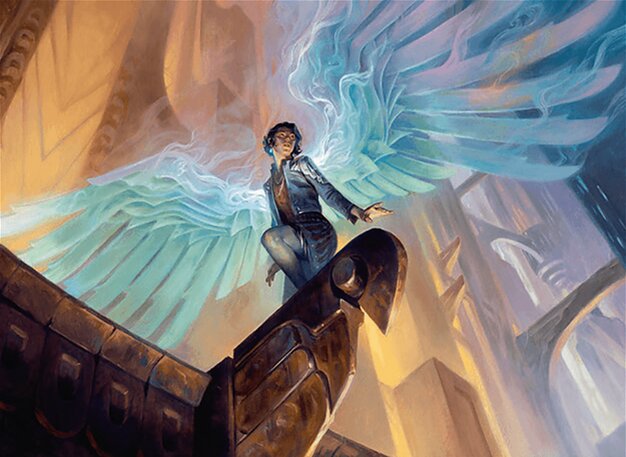
Giada, Font of Hope
Utilize synergy with angels and equipment to build a resilient board presence, employing life gain and board wipes to maintain control.
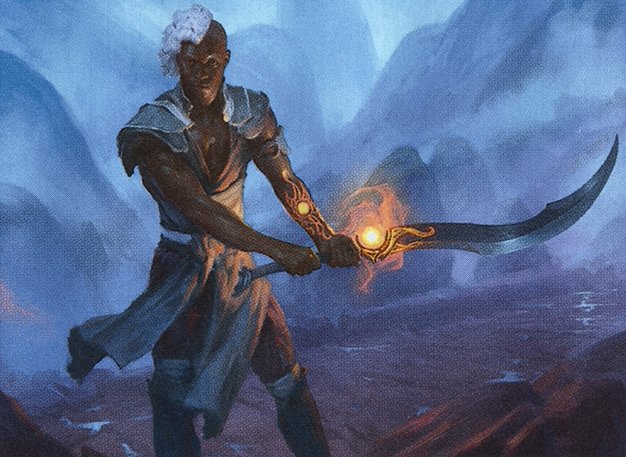
Wyleth, Soul of Steel
Equip creatures with swords and other equipment to maximize combat damage and trigger additional land drops, accelerating board development.
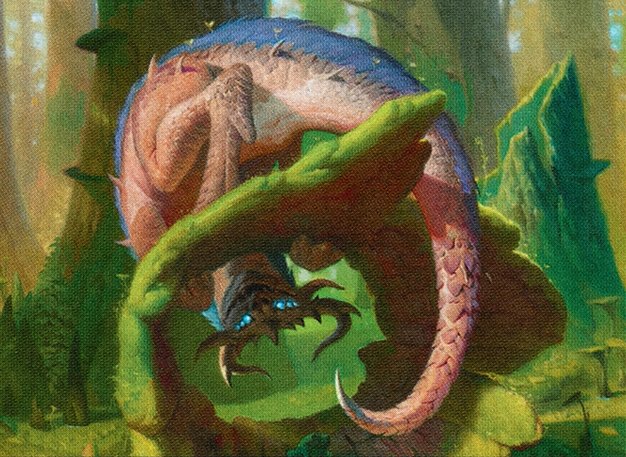
Otrimi, the Ever-Playful
Leverage mutate and infect mechanics to disrupt opponents and apply poison counters, stealing key artifacts to fuel an infect-themed win condition.
Gameplay Insights
- 1
The use of Braska's Fall to force opponents to sacrifice creatures and place poison counters was a key interaction that shifted early combat dynamics.
- 2
Fred's timely Wrath of God cleared the board but preserved Angel of Destiny, maintaining his board presence while resetting threats.
- 3
The Otrimi player’s mutate and tap-down tactics effectively delayed opponents’ attacks, enabling disruption and artifact theft to fuel infect strategies.
- 4
Repeated soldier token generation by Adeline created multiple combat triggers, enhancing damage output and token utility.
- 5
Missed triggers on Archangel of Thune's life gain slightly reduced potential incremental advantage but did not critically impair board development.
- 6
Strategic blocking of soldier tokens and commanders helped mitigate damage and maintain board control during critical combat phases.
Notable Cards
-

Adeline, Resplendent Cathar
-

Giada, Font of Hope
-

Wyleth, Soul of Steel
-

Otrimi, the Ever-Playful
-
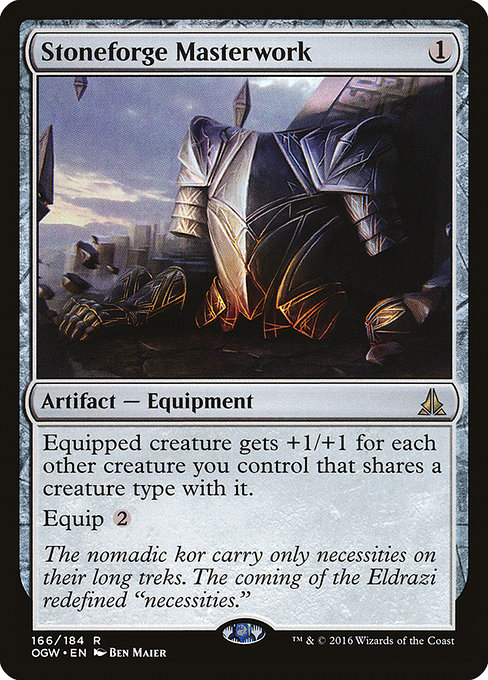
Stoneforge Masterwork
-
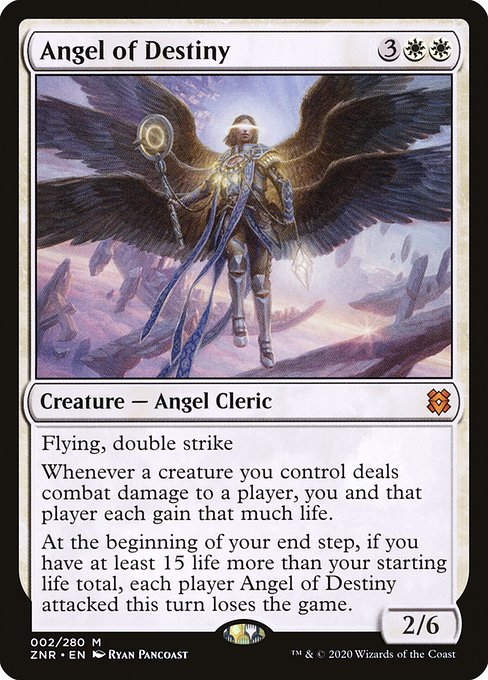
Angel of Destiny
-
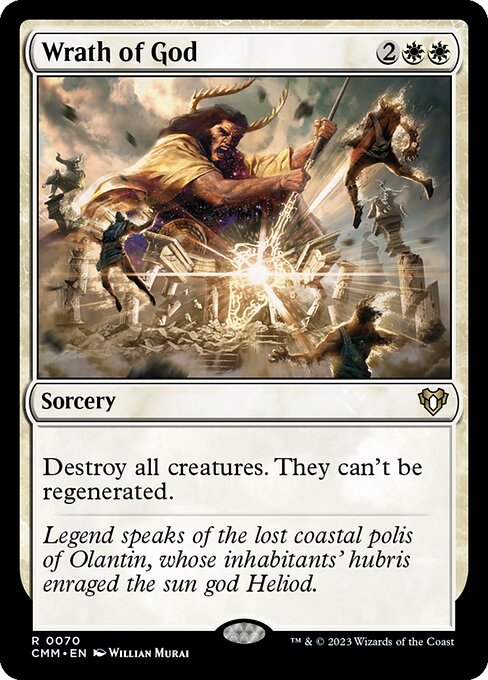
Wrath of God
-
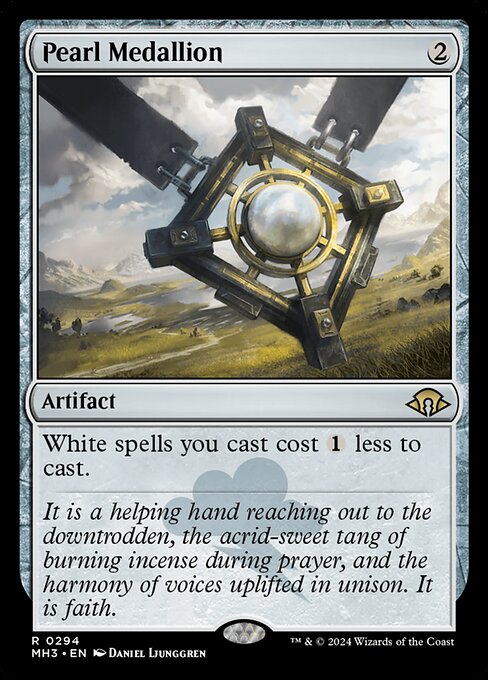
Pearl Medallion
-
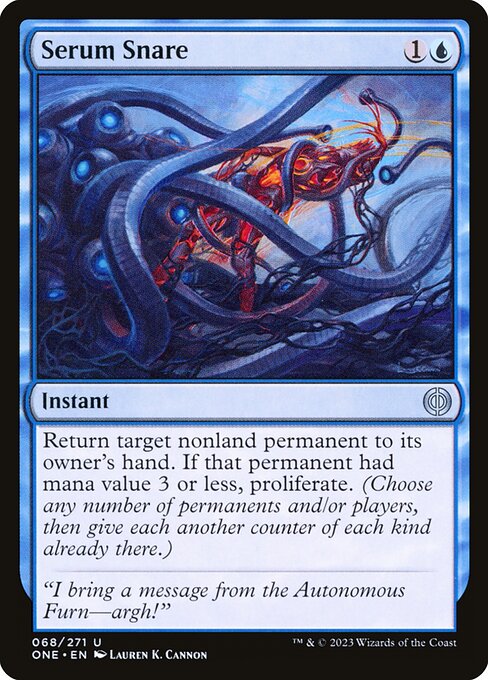
Serum Snare
-
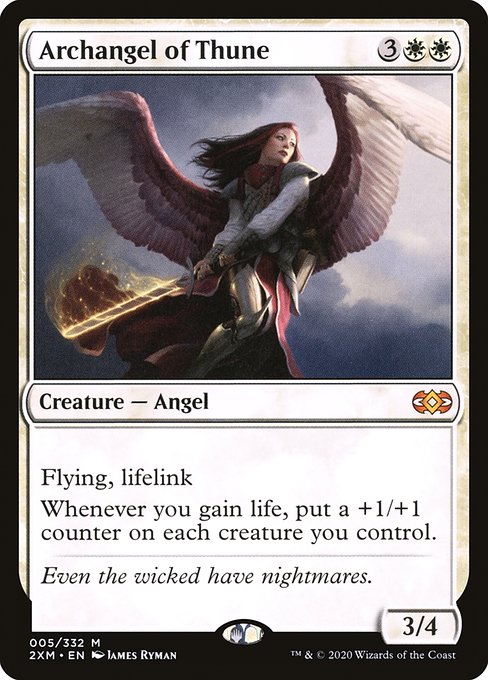
Archangel of Thune
-
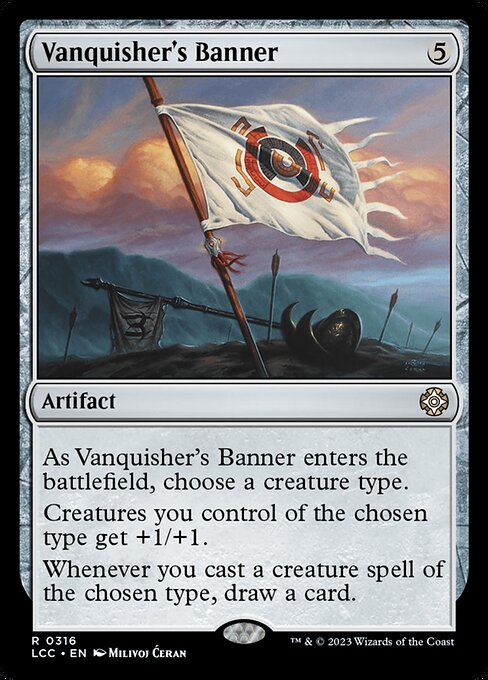
Vanquisher's Banner
-
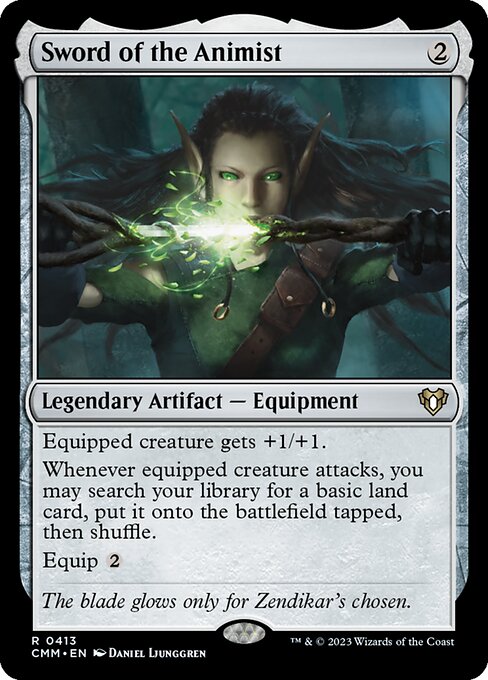
Sword of the Animist
-
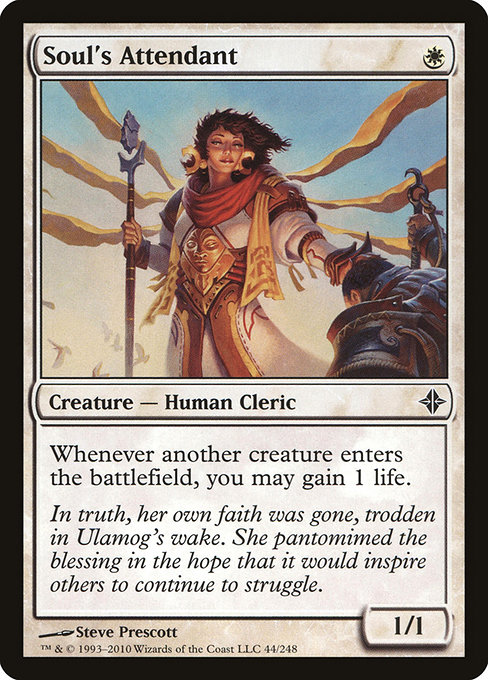
Soul's Attendant
-

Path to Exile
-
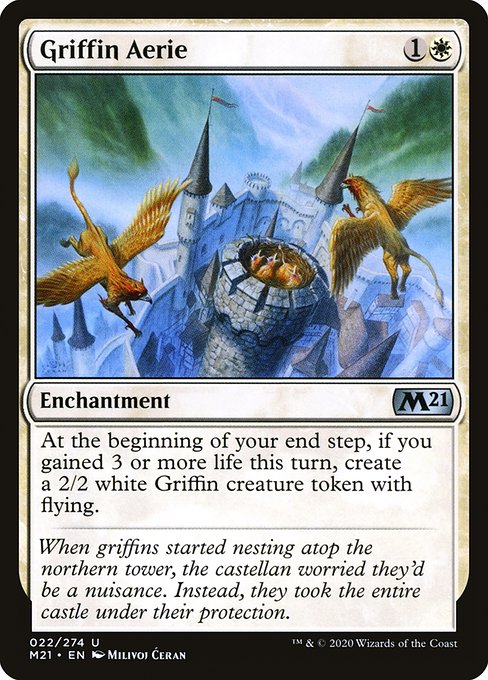
Griffin Aerie
Gameplay Summary
The game featured a four-player Commander match with two mono-white voltron decks, a Boros sword-centric deck, and an infect-themed Otrimi deck.
Early turns saw aggressive development with equipment and token generation, notably from Adeline and Giada.
Tim, piloting Adeline, consistently produced soldier tokens to pressure opponents while leveraging Stoneforge Masterwork for extra value.
Fred’s Giada deck utilized Pearl Medallion and Angel of Destiny for board presence and resilience, including a late Wrath of God to clear the board while preserving key angels.
Justin’s Boros Wyleth deck focused on equipping and attacking with creatures like Leonin Abunas and Verge Rangers, though he struggled with mana consistency early on. The Otrimi deck, piloted by the content creator, incorporated mutate mechanics and infectious poison counters, creating disruptive board states by tapping down key attackers and stealing crucial artifacts like Soul Ring.
Strategic use of board wipes, like Fred’s Wrath of God and Auster Command, helped reset the board, but timely responses such as Serum Snare saved important pieces from destruction.
The game’s tempo swung with multiple combat phases where soldier tokens and voltron commanders traded damage, and the infect strategy applied pressure through poison counters.
Key turning points included Fred’s Angel of Hope and Archangel of Thune synergies generating incremental advantage and Tim’s repeated soldier token creation triggering multiple combat impacts.
The game remained competitive with continual board interaction and tactical blocking, setting the stage for a late-game voltron or infect finish.




































![Enchantments As Backgrounds [Commander VS 298] | Magic: the Gathering EDH Commander Gameplay thumbnail](https://i.ytimg.com/vi/MTZ5_0If6s4/sddefault.jpg)
![More Streets of New Capenna [Commander VS 289] | Magic: the Gathering Commander Gameplay thumbnail](https://i.ytimg.com/vi/77jT1j7598Q/sddefault.jpg)



